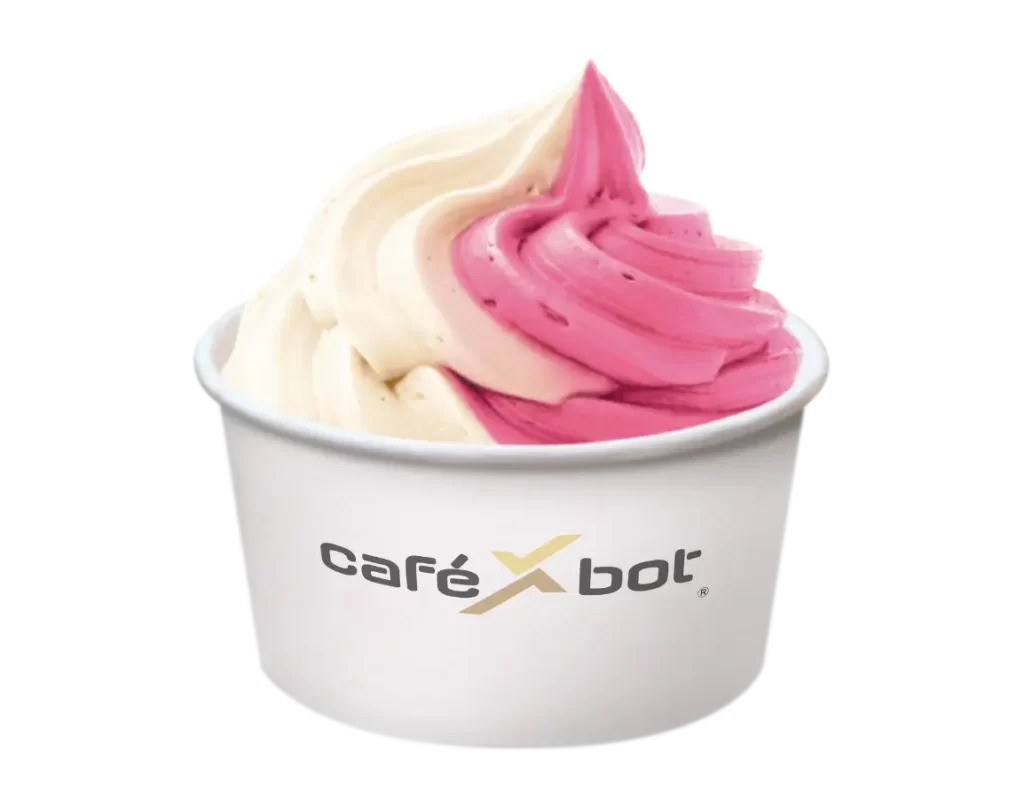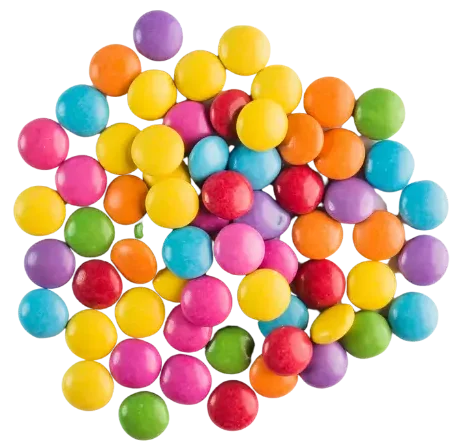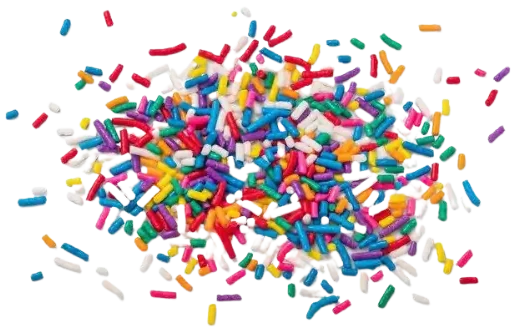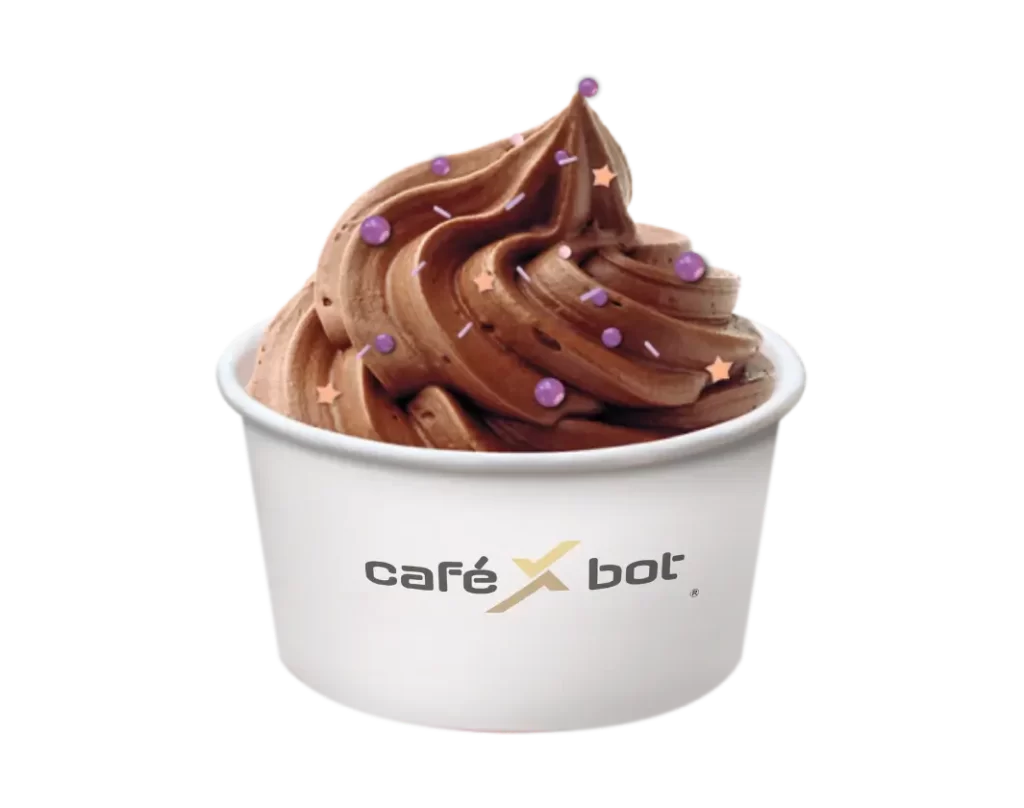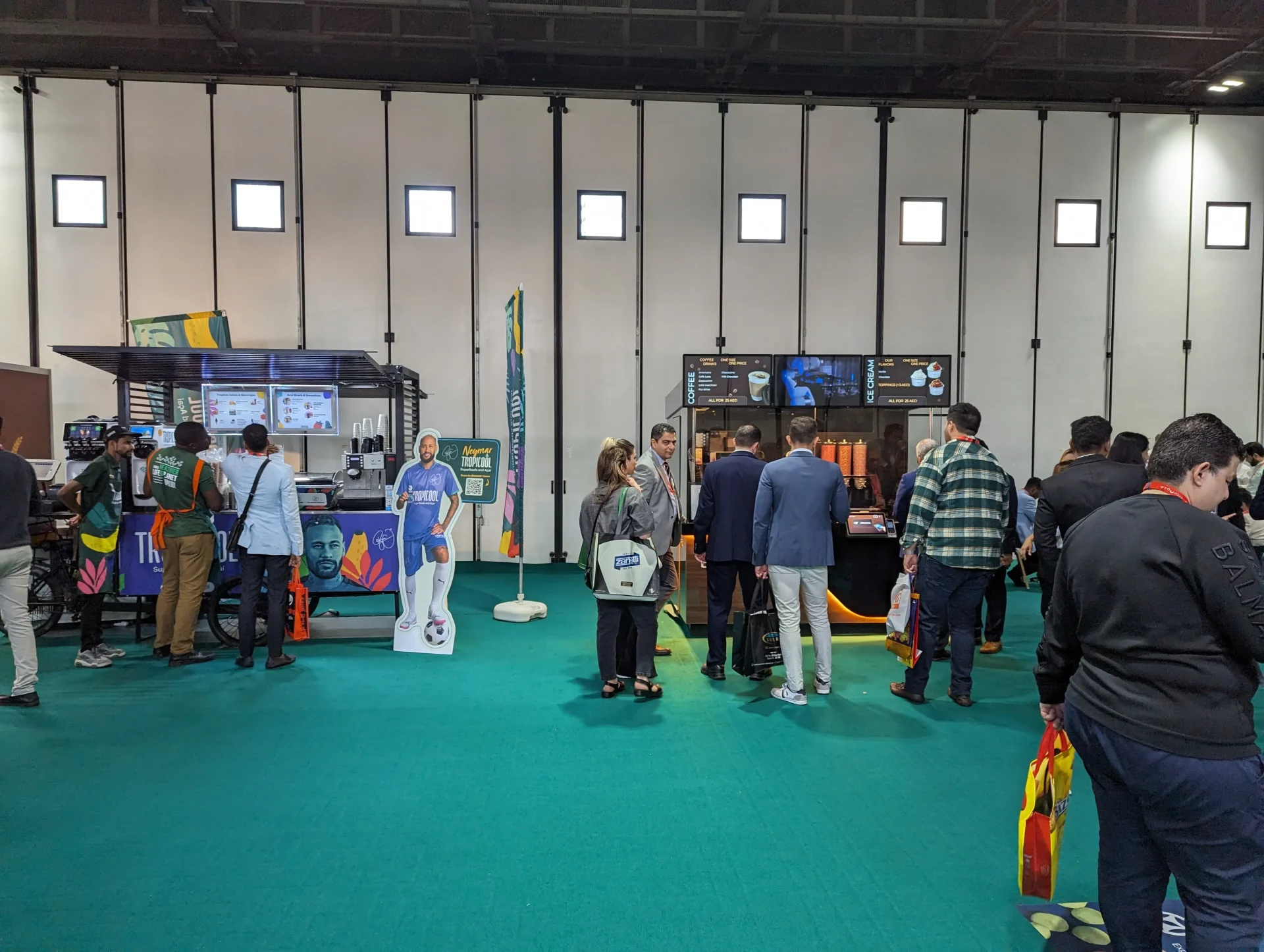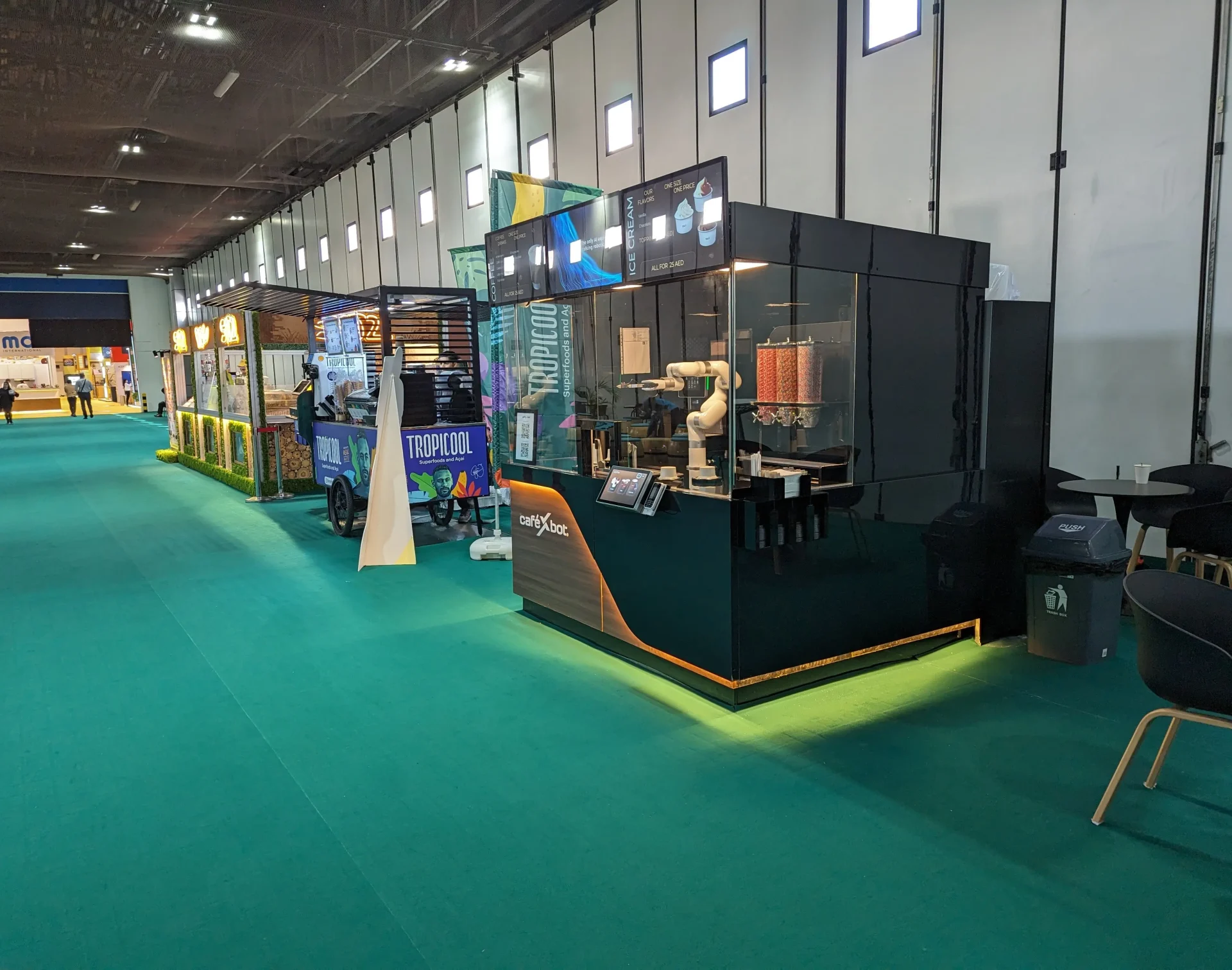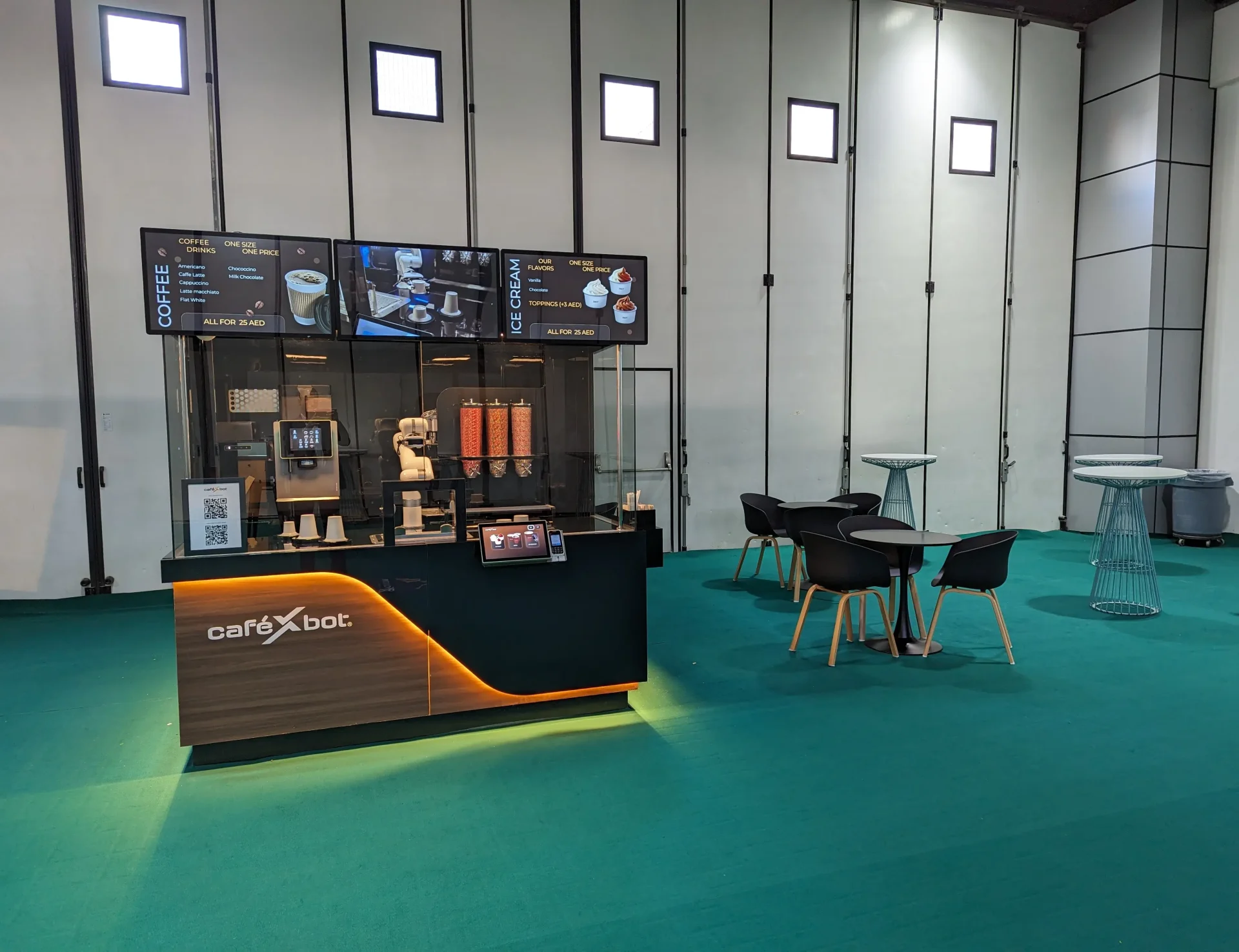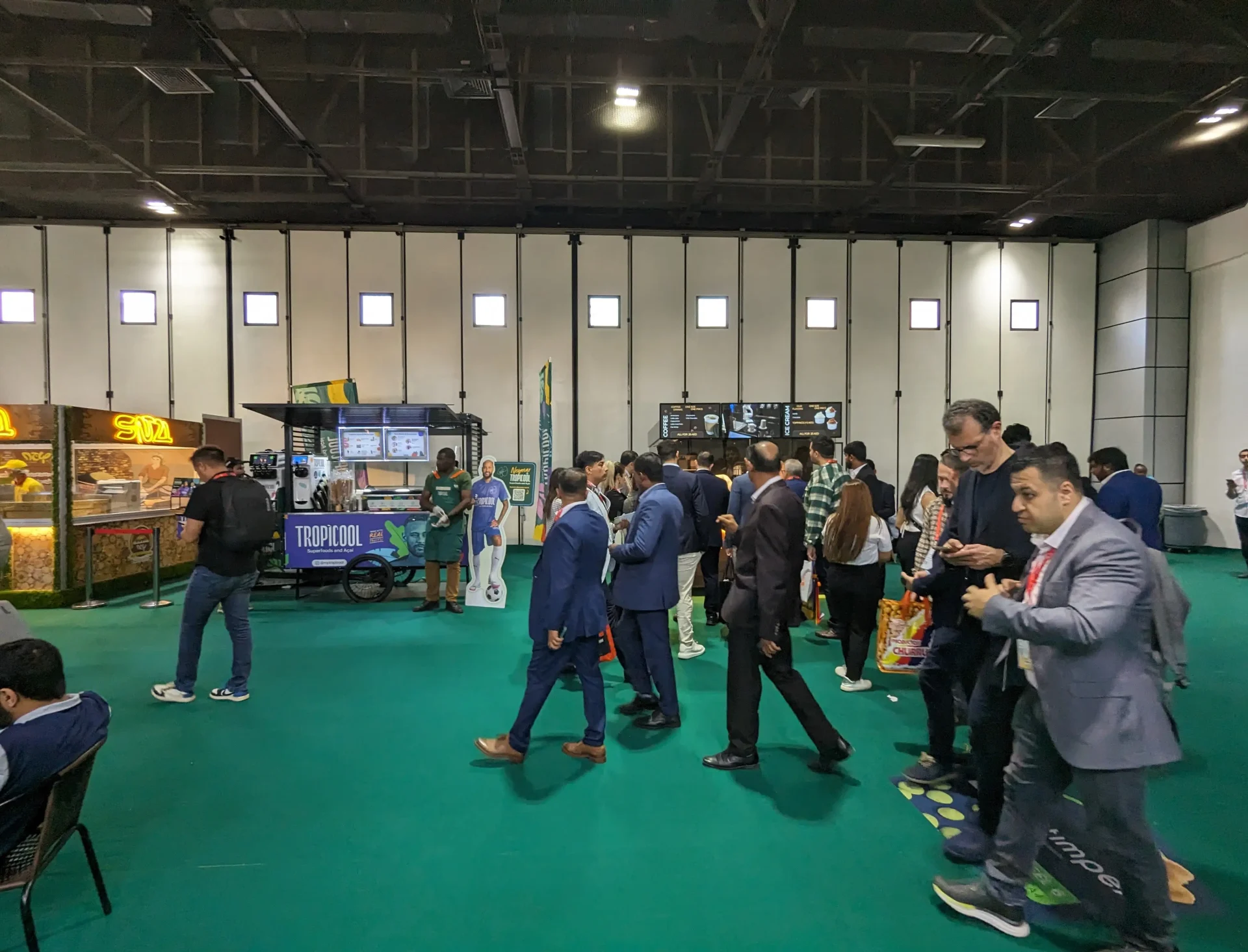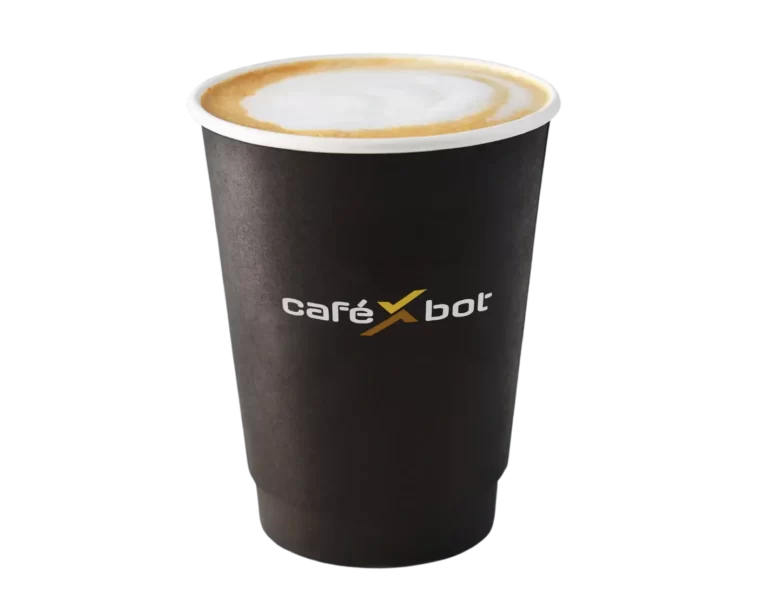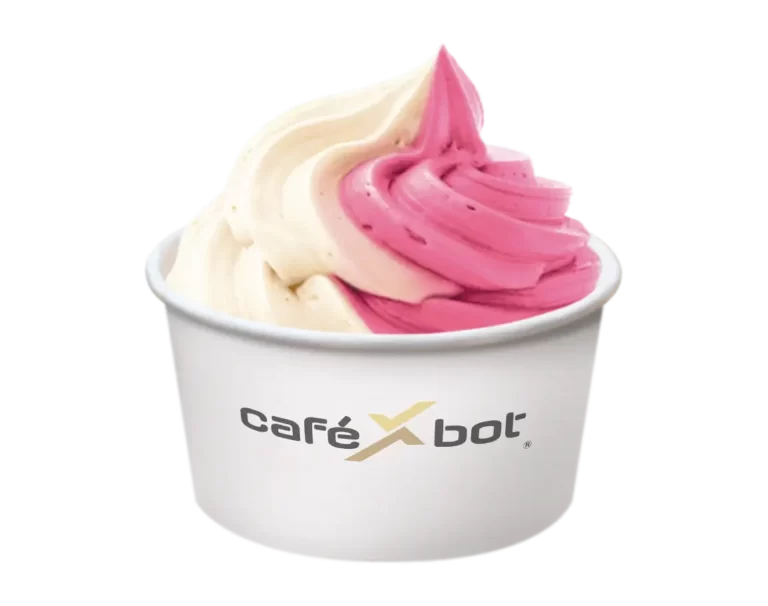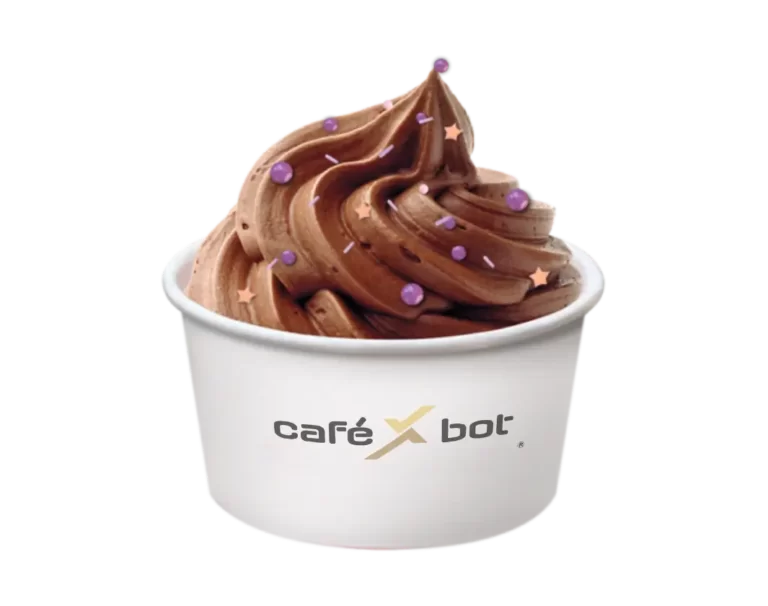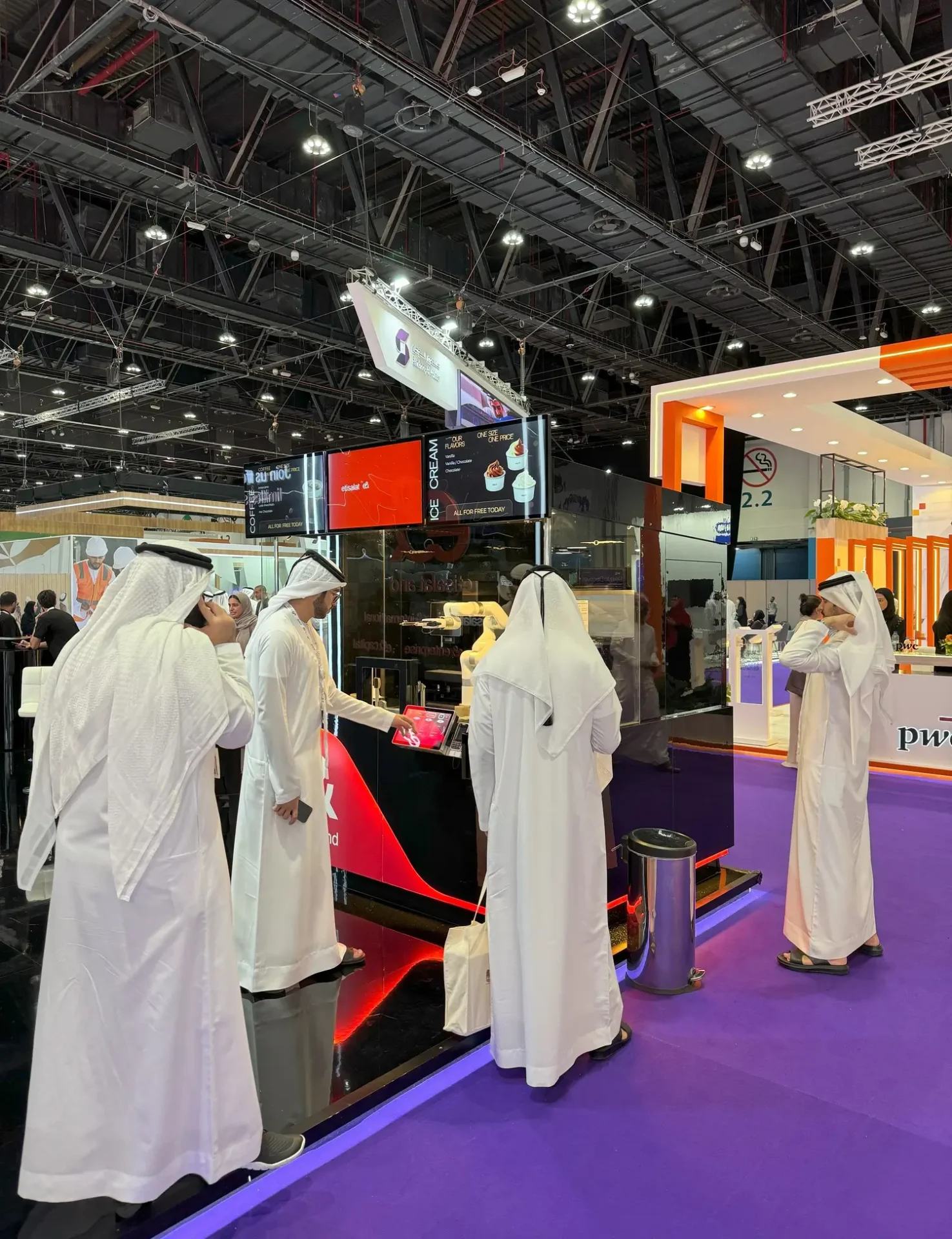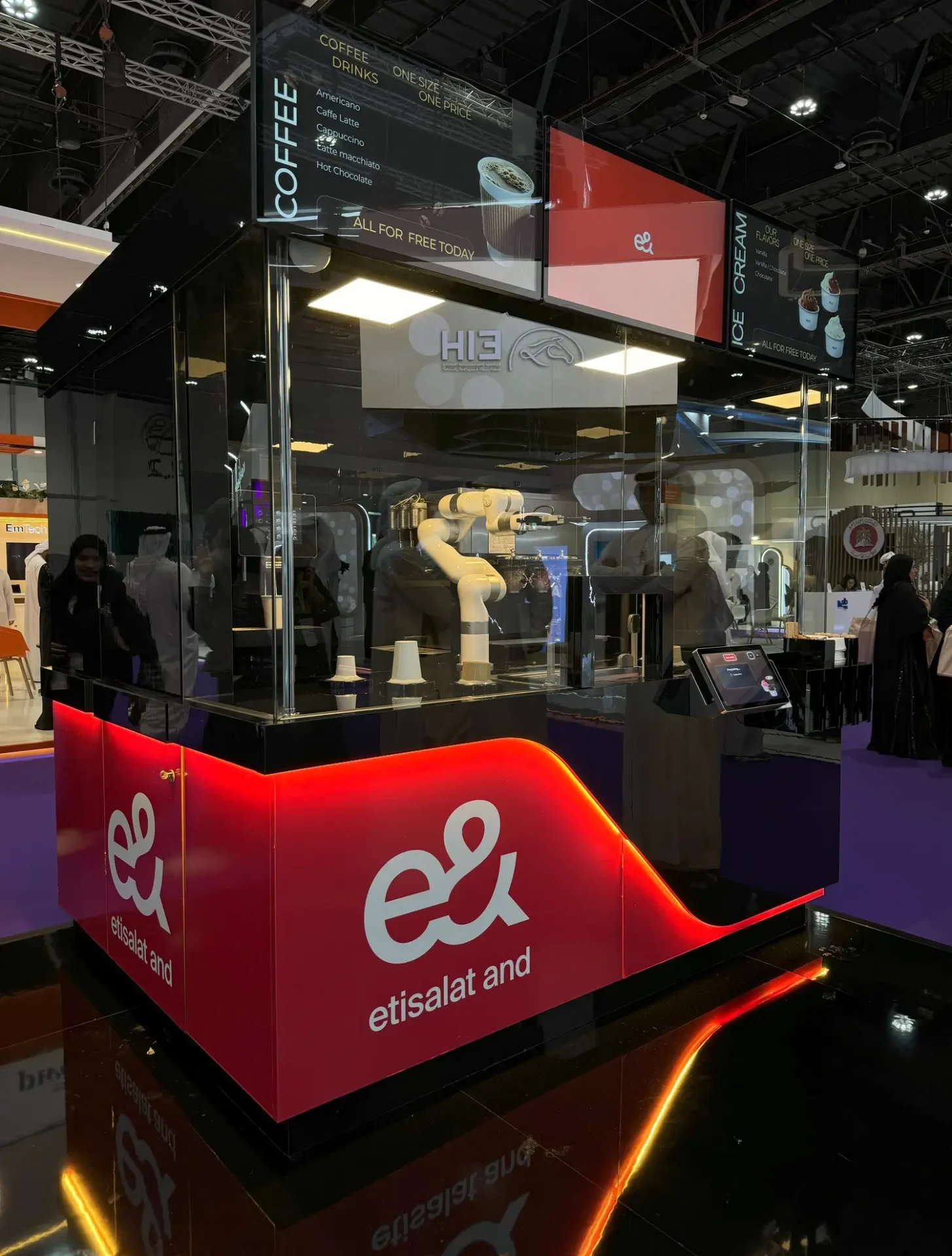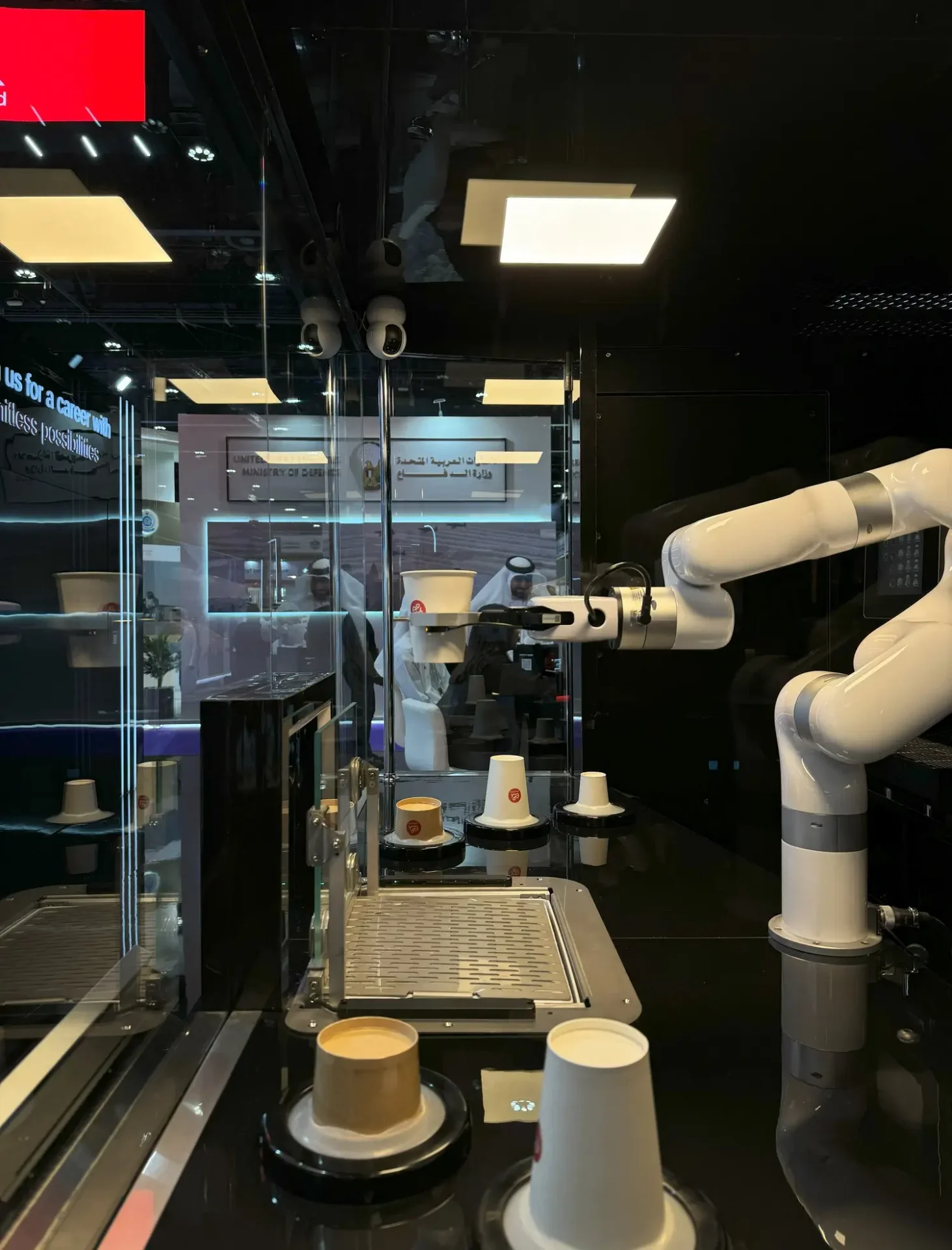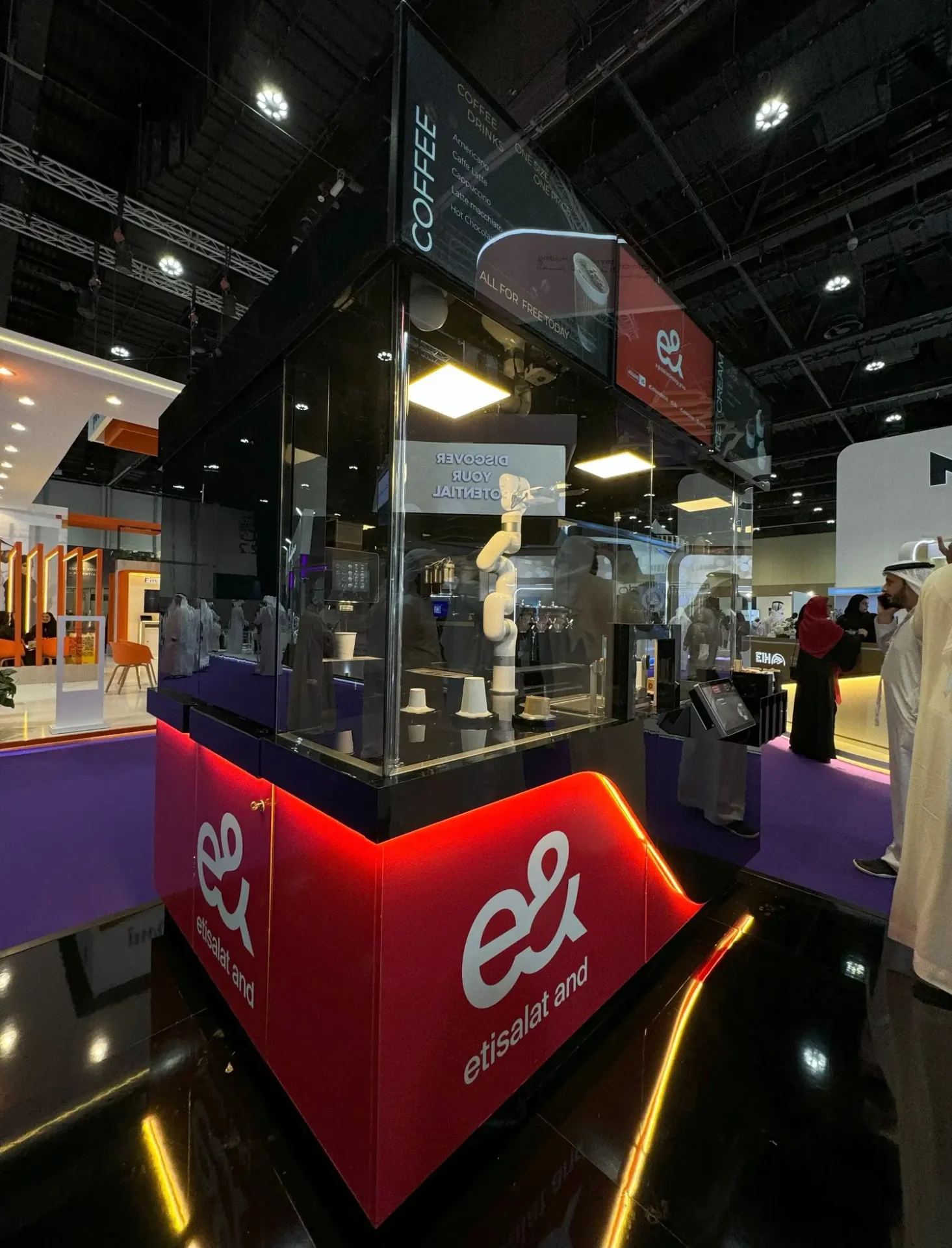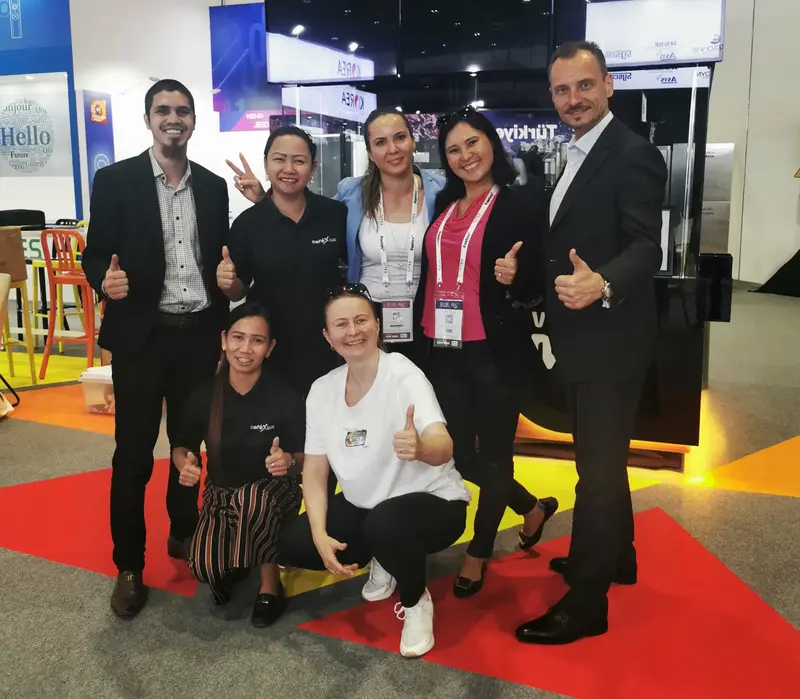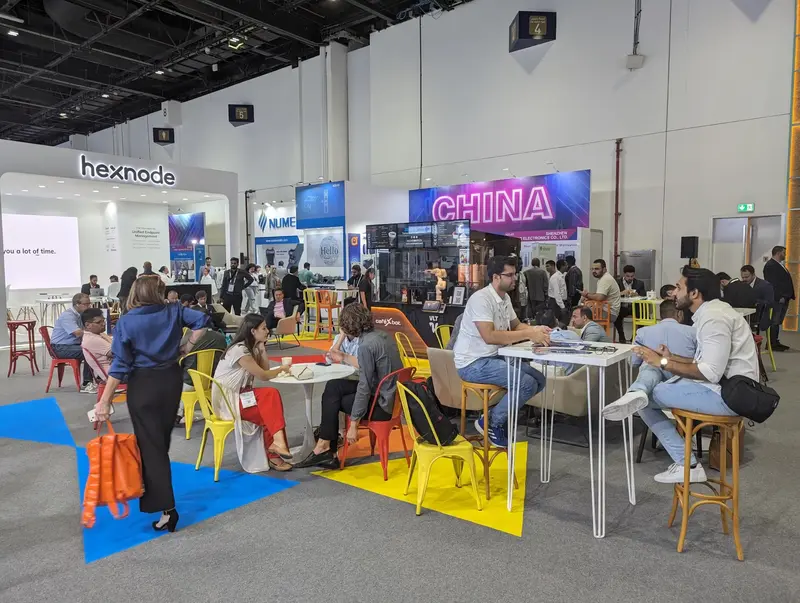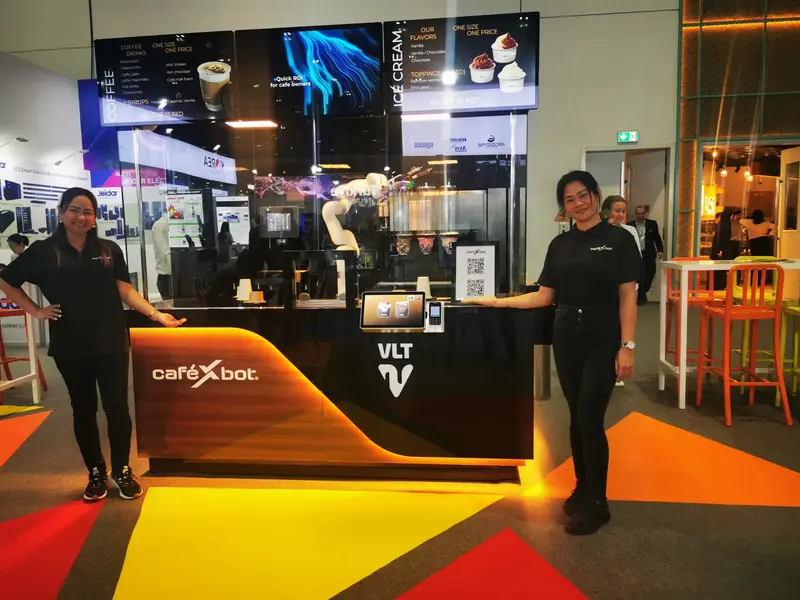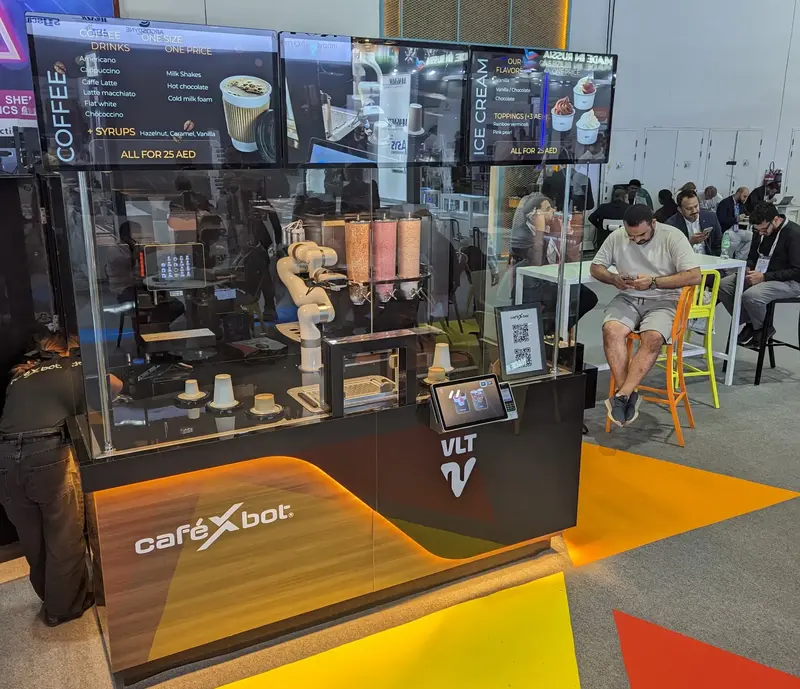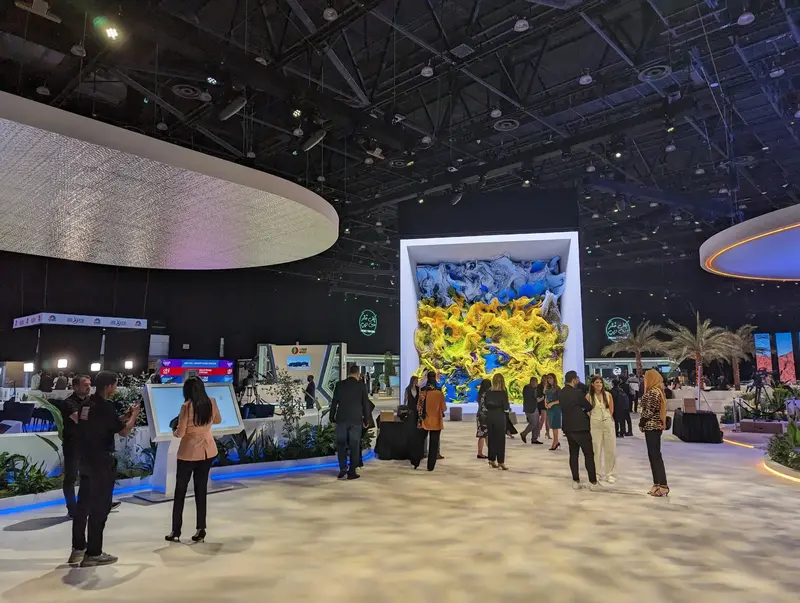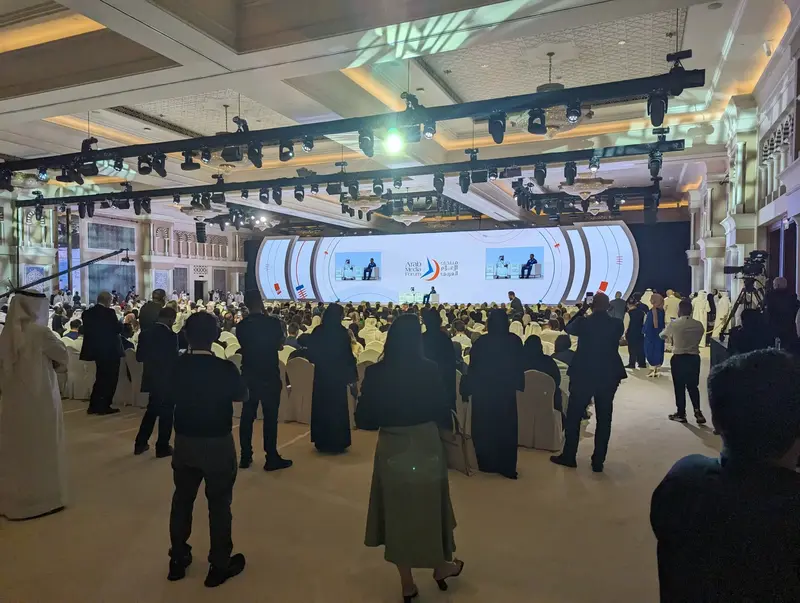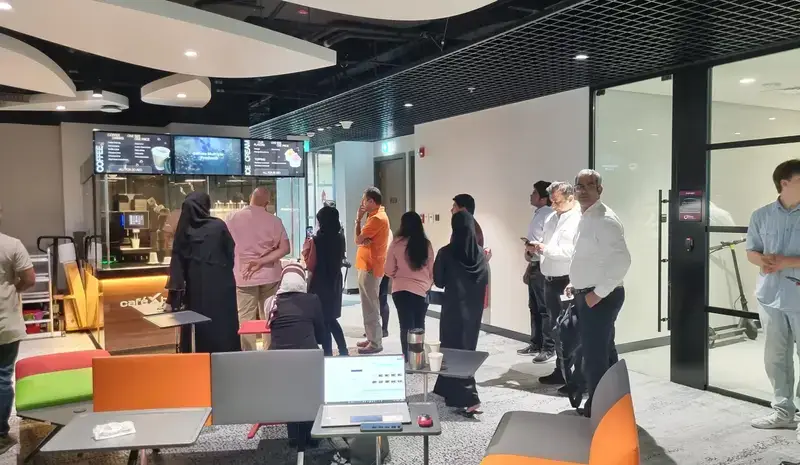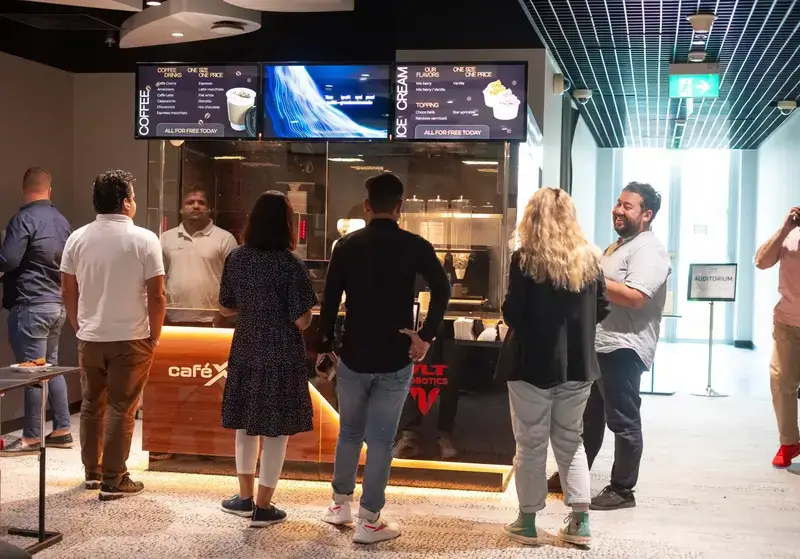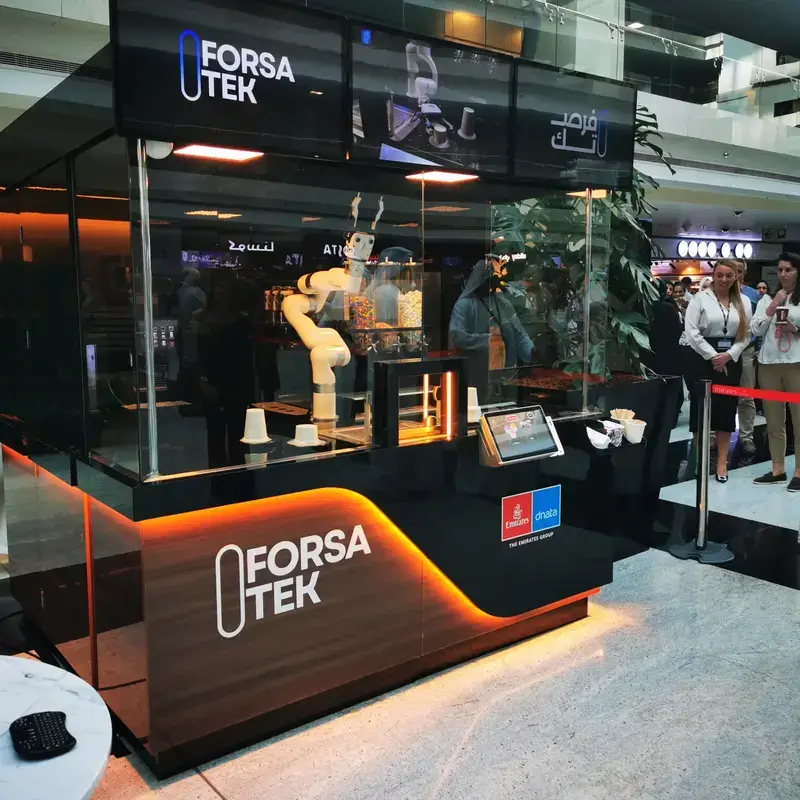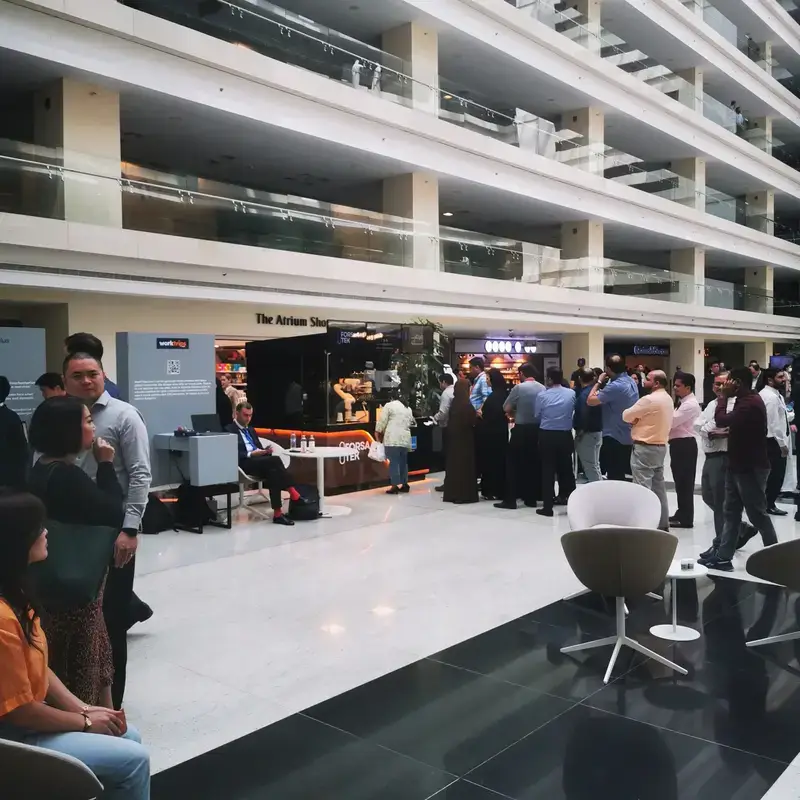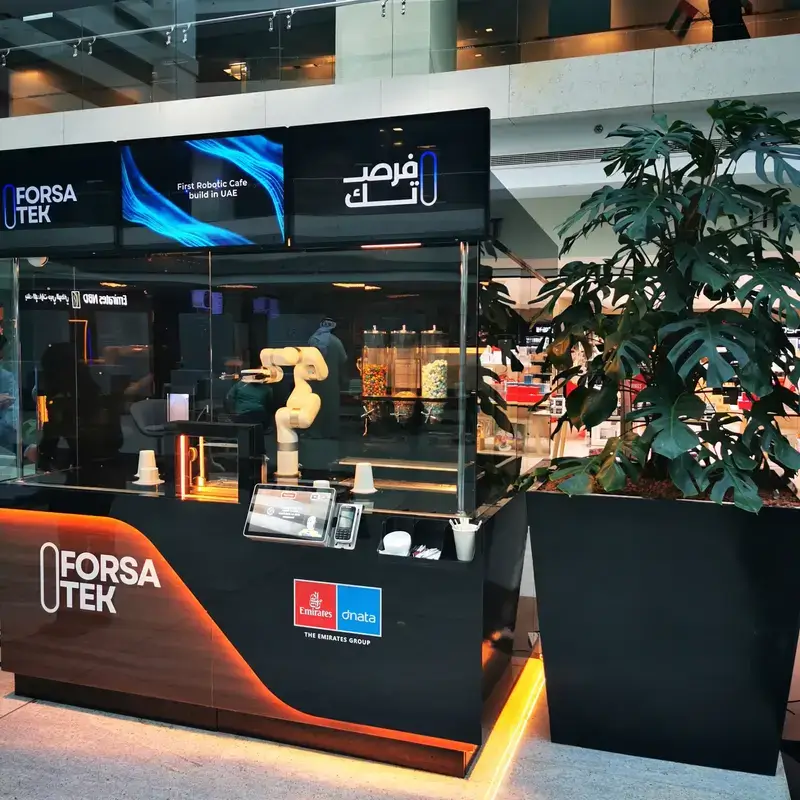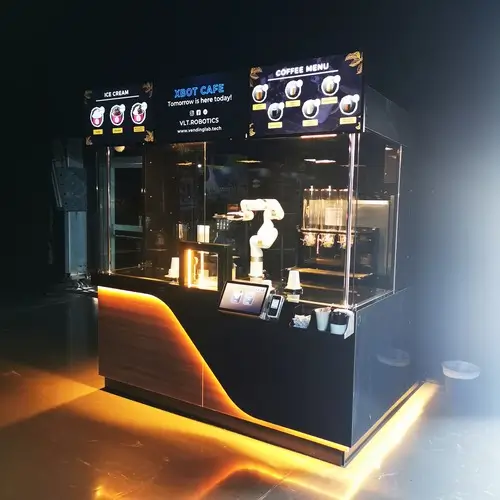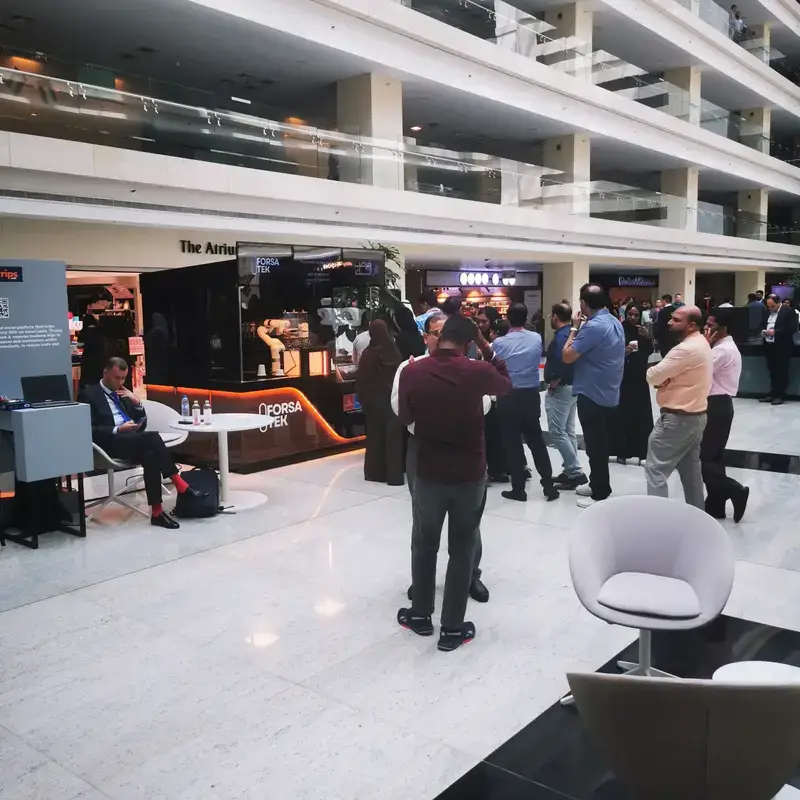
What Defines the Best Robotic Coffee Bar Experience for Global Buyers?
In recent years, the emergence of the Robotic Coffee Bar has transformed the coffee industry, catering to the evolving demands of global buyers. According to a report by the Specialty Coffee Association, the global coffee market is expected to reach over $102 billion by 2025, driven by a rising demand for convenience and innovative experiences. Robotic Coffee Bars not only streamline the brewing process but also enhance customer satisfaction through precision and consistency. Industry trends indicate that 60% of consumers are intrigued by automation in food and beverage services, presenting a lucrative opportunity for businesses to invest in technology that elevates the coffee experience. As we delve into what defines the best Robotic Coffee Bar experience, we will explore the interplay of technology, design, and consumer preferences that shape this innovative sector.
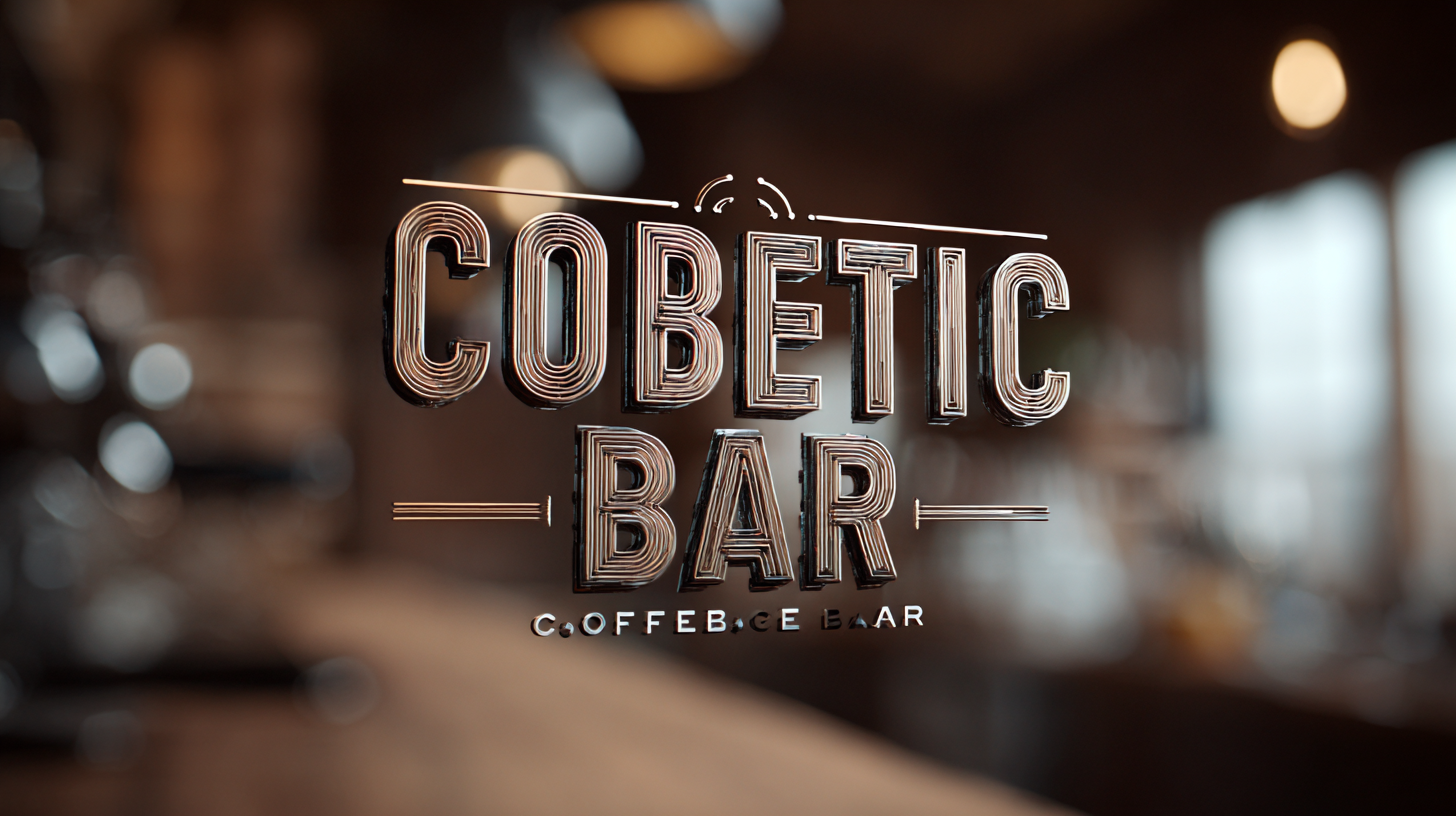
Analyzing Key Features of Top Robotic Coffee Bars: What Global Buyers Seek
The evolution of robotic coffee bars has carved a niche in the beverage industry, particularly as global buyers seek a seamless blend of technology and consumer experience. According to a recent market report, 70% of coffee enthusiasts express interest in automated coffee solutions that promise consistency and efficiency in their brewing experiences. These robotic setups are often equipped with features like customizable beverage options and precise temperature control, catering to a diverse range of palates.
While the strengths of robotic coffee bars lie in their innovative technology and reduced labor costs, there are notable weaknesses as well. For instance, some consumers hesitate due to apprehension about the personal touch that traditional baristas provide. Furthermore, opportunities abound in the form of partnerships with local coffee suppliers, allowing robotic bars to offer unique blends while maintaining freshness. However, competition from both advanced coffee machines for home use and traditional coffee shops remains a significant threat, presenting challenges for market penetration and customer loyalty in the dynamic coffee landscape.
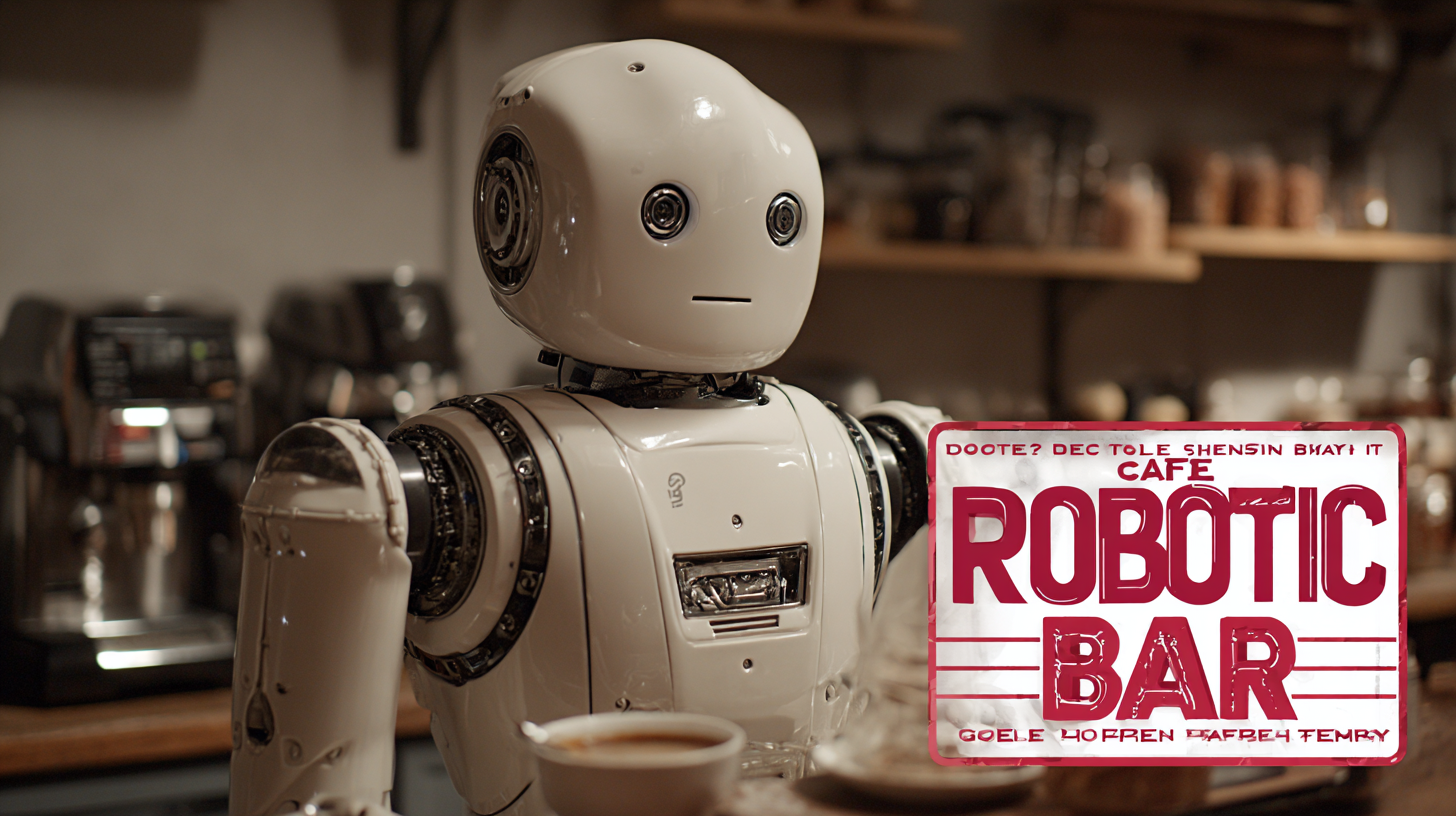
Service Advantages in Robotic Coffee Bars: The Impact on Customer Loyalty
The emergence of robotic coffee bars is transforming the traditional café experience, providing a unique blend of efficiency and innovation. One of the most compelling service advantages offered by these automated systems is their ability to maintain consistency in product quality and service delivery. Customers can expect the same great taste and presentation every time they order, which fosters a sense of trust and reliability. This consistency is crucial in building customer loyalty, as patrons feel confident that each visit will meet or exceed their previous experiences.
Moreover, robotic coffee bars are designed to enhance customer engagement and personalization. Advanced technologies allow these machines to remember customer preferences, suggest new beverages based on past orders, and even provide real-time updates on wait times. This level of interaction encourages repeat business, as consumers appreciate the convenience and tailored service. Additionally, the novelty of ordering from a robot adds an element of fun and excitement, making customers more likely to share their experiences on social media, further amplifying brand loyalty and attracting new clientele.
Cost-Benefit Analysis of Maintenance in Robotic Coffee Solutions
The cost-benefit analysis of maintenance in robotic coffee solutions reveals a significant shift in the operational dynamics of coffee shops. Robotic baristas are emerging as a viable solution in the wake of rising operational costs, especially in regions facing economic challenges. By utilizing advanced technology, these automated systems not only reduce labor costs but also minimize maintenance requirements, allowing café operators to focus on enhancing customer experiences rather than troubleshooting equipment issues.
For example, the latest innovations in robotic coffee preparation demonstrate that machines can deliver consistent coffee quality while requiring minimal upkeep. This is particularly advantageous for coffee businesses looking to maximize profits and efficiency without sacrificing the quality of their product. As seen in various markets, such as China, this approach has been instrumental in providing fast and economical service. The integration of AI technology further amplifies the benefits of automation, enabling coffee growers and retailers alike to achieve greater production efficiencies while maintaining high standards of quality. As the service robotics market continues to evolve, the implications for the coffee industry are profound, paving the way for a more sustainable and cost-effective future.
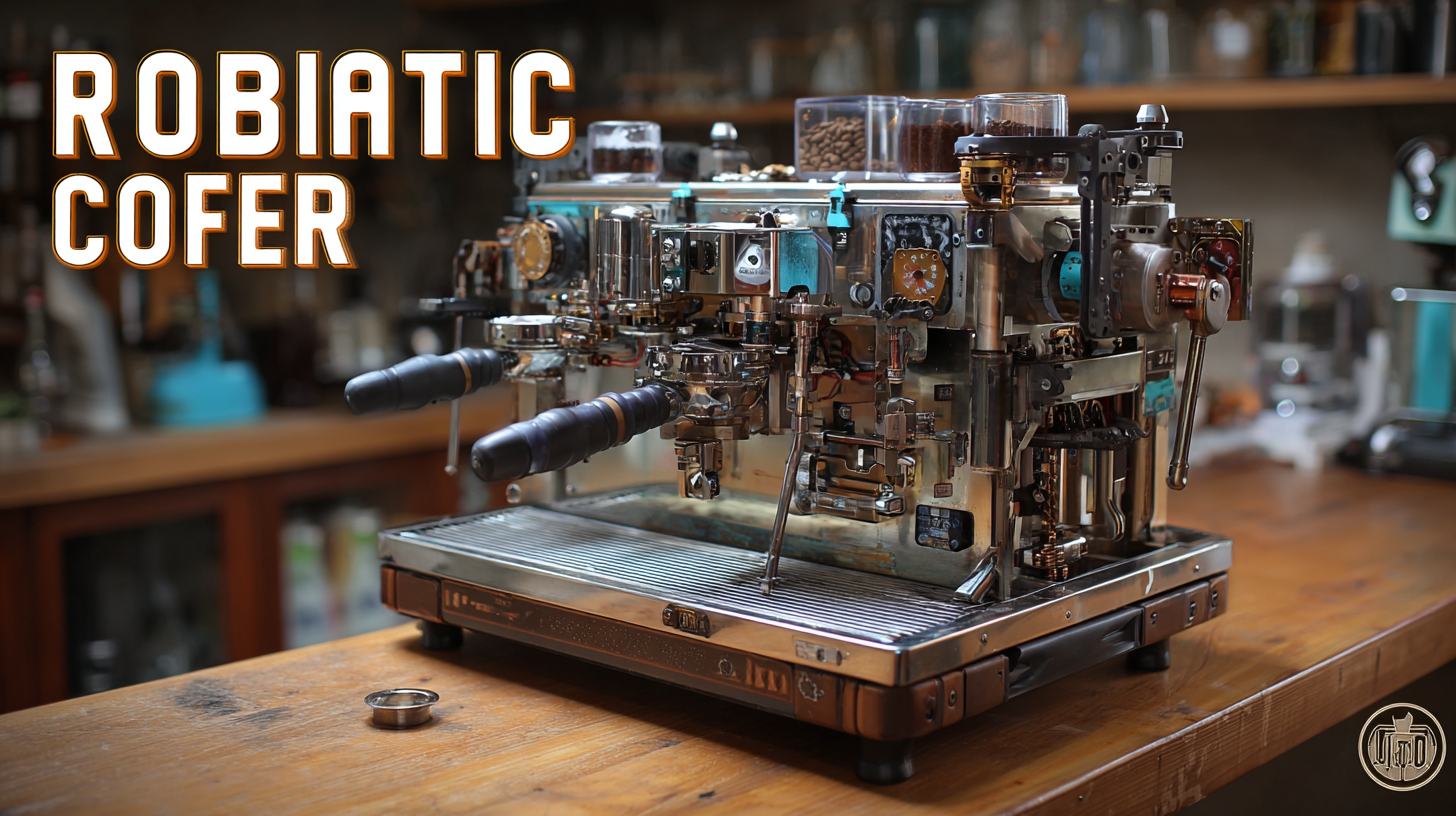
Consumer Preferences: How After-Sales Support Influences Purchase Decisions
When it comes to robotic coffee bars, consumers are increasingly factoring in after-sales support as a critical component of their purchase decisions. According to a report by Technavio, over 60% of buyers reported that comprehensive customer service significantly impacts their willingness to invest in advanced technology like robotic coffee machines. This sentiment underscores a shift from merely functional attributes to the full ownership experience, where support services play a pivotal role in customer satisfaction and loyalty.
Furthermore, a study conducted by Deloitte highlighted that 72% of technology purchasers expect not only efficient troubleshooting but also proactive maintenance and updates. This means that manufacturers and retailers must develop robust after-sales strategies to keep consumers happy and engaged. Investing in dedicated support teams and responsive service channels can mean the difference between a one-time customer and a long-term advocate for the brand. As the market for robotic coffee bars grows, those who prioritize after-sales support may find themselves with a competitive edge.
What Defines the Best Robotic Coffee Bar Experience for Global Buyers? - Consumer Preferences: How After-Sales Support Influences Purchase Decisions
| Feature | Importance (%) | Satisfaction Level (1-5) | After-Sales Support Rating (1-5) |
|---|---|---|---|
| User Interface | 87% | 4.5 | 4.0 |
| Coffee Quality | 90% | 4.8 | 3.9 |
| Speed of Service | 85% | 4.2 | 4.1 |
| Maintenance Ease | 80% | 4.0 | 4.3 |
| Customer Support Availability | 75% | 3.8 | 4.5 |
Future Trends: Innovations Shaping the Robotic Coffee Bar Experience
As the market for robotic coffee bars continues to expand, several future trends are shaping the experience for global buyers. According to a recent report, the global coffee robotics market is projected to grow by 25% annually, driven by advancements in artificial intelligence and automation. These innovations not only streamline the coffee-making process but also enhance customer interaction and satisfaction. Features such as personalized coffee recommendations based on user preferences and mobile ordering through dedicated apps are quickly becoming industry standards.
**Tip:** To maximize customer engagement, invest in a user-friendly mobile app that allows customers to customize their coffee orders in real-time. This enhances the overall experience and increases the likelihood of repeat visits.
Moreover, the integration of IoT technology is revolutionizing how coffee bars operate. Smart machines can now monitor inventory levels, predict maintenance needs, and even analyze customer preferences to optimize service delivery. Research indicates that businesses employing IoT solutions can reduce operational costs by up to 30%, making this a lucrative investment for coffee bar owners.
**Tip:** Consider implementing IoT solutions to manage your coffee bar's performance metrics effectively, ensuring you cater to customer preferences while also minimizing waste.
What Defines the Best Robotic Coffee Bar Experience for Global Buyers?
This chart illustrates the key factors that define the best robotic coffee bar experience according to global buyers, highlighting the ratings based on customer importance from 1 to 10.







